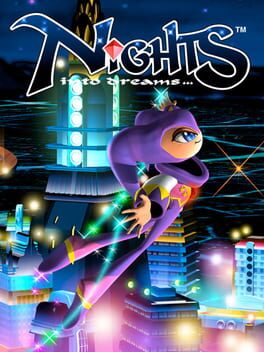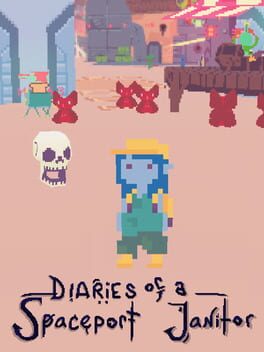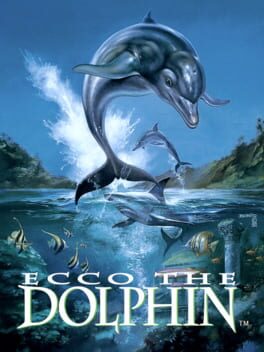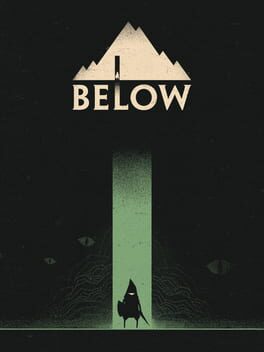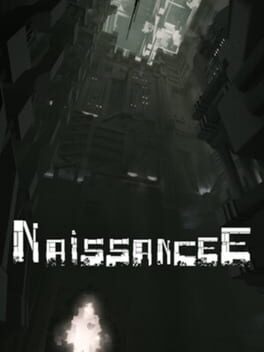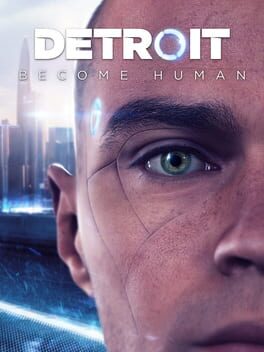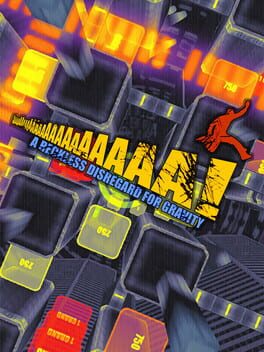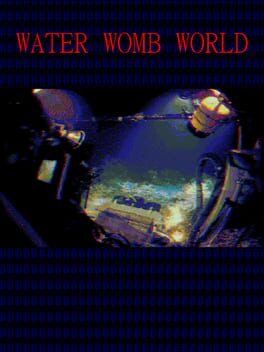Player and writer. Mostly in Spanish. Read me at laeradelvideojuego.wordpress.com
Jugador y escritor. Mayoritariamente en español. Léeme en laeradelvideojuego.wordpress.com
He/him
Badges

Gone Gold
Received 5+ likes on a review while featured on the front page

Famous
Gained 100+ followers

Donor
Liked 50+ reviews / lists

GOTY '23
Participated in the 2023 Game of the Year Event

Epic Gamer
Played 1000+ games

Adored
Gained 300+ total review likes

GOTY '22
Participated in the 2022 Game of the Year Event

On Schedule
Journaled games once a day for a week straight

Trend Setter
Gained 50+ followers

Shreked
Found the secret ogre page

Well Written
Gained 10+ likes on a single review

Loved
Gained 100+ total review likes

Best Friends
Become mutual friends with at least 3 others

Busy Day
Journaled 5+ games in a single day

3 Years of Service
Being part of the Backloggd community for 3 years

Liked
Gained 10+ total review likes

Popular
Gained 15+ followers

Elite Gamer
Played 500+ games

Noticed
Gained 3+ followers

Gamer
Played 250+ games

N00b
Played 100+ games
Favorite Games
1107
Total Games Played
011
Played in 2024
001
Games Backloggd
Recently Played See More
Recently Reviewed See More
Below cumple con todas las marcas prototípicas del Soulslike, pero añade un par de elementos que lo diferencian radicalmente. El primero es que los controles y el combate son mucho más sencillos, mucho más cerca de un Zelda que de otra cosa. Con ese esquema, la sensación de peligro se ve menos acrecentada por los enemigos y más por las trampas del mundo, que se sienten verdaderamente crueles y malintencionadas de un modo que la premeditada y controlada indiferencia de los Souls nunca evoca. El segundo es que, cuando morimos, uno de nuestros compañeres/descendientes ocupa nuestro lugar de inmediato. En los niveles más complicados y severos, esto da a Below una capa de gestión cruel sobre mandar a tu gente a morir mientras recoges los fragmentos almacenas las armas más potentes. Ni siquiera Darkest Dungeon te invitaba a ver a tus avatares de una forma tan inhumana.
En resumen, diría que este juego es muy logrado, pero frustrante de un modo que no termina de conectar conmigo. Irónicamente, el elemento que más me desconectó fue la necesidad de grindear para la última sección de la mazmorra.
----------------------
Games like Below invite us to ask what kind of void did Dark Souls reveal to players so that many roguelikes would try to fill it in later years. It superficially meets all the expectations of the genre: exploration of unknown, desolated lands, the looming closeness of death, and a hostile and indifferent world that means nothing to us except how can we control it (spoilers for the end) finish it.
Below checks every proverbial Soulslike checkmark, but has a couple of elements radically set it apart. The first is that the controls and combat are much simpler, closer to Zelda than anything else really. With those mechanics the sense of danger is incentivized less by enemies and more by the traps, which feel truly cruel and malicious in a way that the Souls titles never attempt to evoke. The second is that when we die one of our companions/descendants will take our place. In the more difficult areas, this gives Below a layer of cruel management vibe about sending people to their death while you collect the shards and stash the better weapons. Not even Darkest Dungeon invited you to view your avatars so inhumanly.
To sum up, I would say that this game accomplished everything it set out to do, but frustrating in a way that didn't connect with me. Ironically, the element that turned me off the most was the need to grind for the last section of the dungeon.
-----------------
An absorbing and enticing game, ahead of its time and at the same time extremely of its time. As an offshoot of the puzzle games boom made during the indie era ala AntiChamber (which came directly from Portal), NaissanceE brings obfuscation and minimalism so that you may just bask in sensation. The results are excellent, and the only thing I'd say is that this needed a slightly less abrupt ending.
Sinceramente, me da más lástima que otra cosa a estas alturas.
--------------------------------
At this point I'm not telling anything new if I say Detroit: Become Human is, like any previous Quantic Dream work, a deeply flawed idea work collapses under its own weight, or that any virtue that you may find within, like the choice tree, the quality of some maps and even, as hard as it is to believe, the strength of some aspects of the script, will be undermined by many annoying little details that leave a heavily unpleasant experience. But what I haven't seen being talked about that much is that, behind all its "interactive movie" pretensions, this French studio's work sits closely to the European graphic adventures of the 2000s than anything else. Detroit: Become Human doesn't deserve to be mocked for failing to look like Blade Runner or I, Robot. It deserves to be mocked for reaching the quality of Post Mortem and Still Life.
Honestly, I pity these games more than anything else by now.


